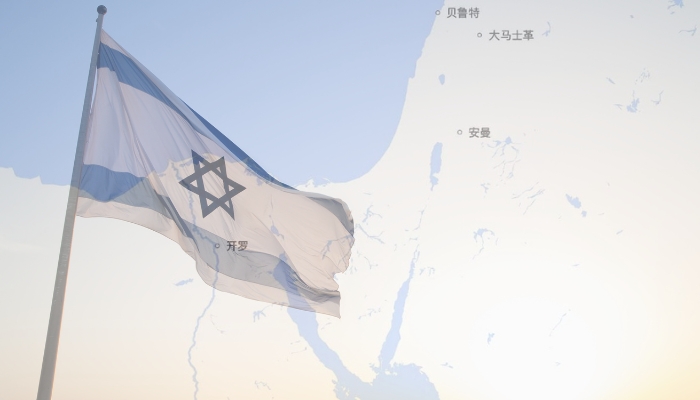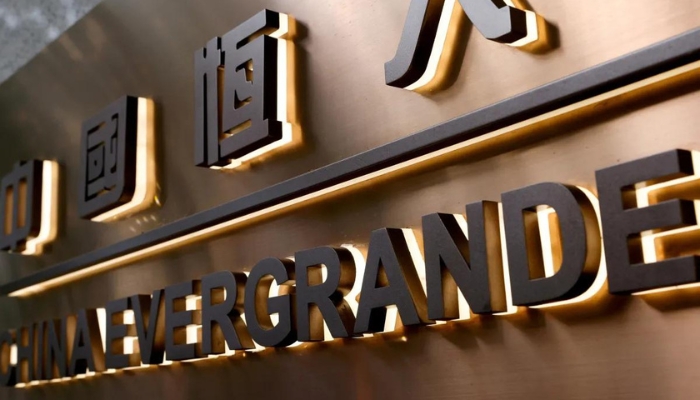China ‘s Israel Maps Omission Sparks Controversy
Anúncios
China’s treatment of maps in relation to its own territorial claims has been a well-known issue for years. The country has consistently pressed international companies to adjust their maps, ensuring they reflect its own views on territories and borders. Now, China is facing criticism and questions over why its popular apps, such as Baidu and Alibaba-backed Amap, have omitted the name ‘Israel’ from maps. The absence of ‘Israel’ raises concerns during the Israel-Hamas conflict, making people wonder if this is a new development.
China’s stance on map details China has been known for its strict attention to map details. In recent times, it has compelled international companies to apologize and make changes to maps that do not recognize Taiwan as part of Chinese territory. Such actions have sparked controversy and backlash from neighboring countries disputing Beijing’s territorial claims.
However, in the case of Israel and Palestine, there is a significant omission on China maps apps. Both Israel and Palestine are missing from these maps. It’s noteworthy that ‘Palestine’ has been recognized by China as a state since 1988 and is listed on its official maps. Yet, both country names are absent on these widely used platforms.

An explanation from Baidu, one of China’s leading search platforms, suggests that in cases where space is limited, the maps may not display the names or flags of some territories. Users can still find corresponding countries or areas through the search function on the map.
The Israel-Hamas conflict and China’s response The absence of ‘Israel’ from the maps becomes particularly significant in the backdrop of the Israel-Hamas conflict. This conflict was triggered by an attack on Israel in early October, resulting in significant casualties. Israel has launched airstrikes and expanded ground operations in response. With thousands of casualties, China criticized Israel’s actions but refrained from condemning Hamas, the group responsible for the attacks.
China’s statements emphasized the need for a ceasefire and a two-state solution as a way to resolve the conflict. This position aligns with China’s longstanding political support for the Palestinian cause. While Beijing officially recognizes both Israel and Palestine on its maps, it has yet to explicitly name Hamas in its statements.
China’s role in the Middle East conflict China ‘s involvement in trying to mediate the conflict comes at a time when it is expanding its engagement in the Middle East. However, China remains a relatively new player in the region, dominated by the United States for an extended period.
Experts have expressed skepticism about China’s role in resolving the current conflict, suggesting that its diplomatic efforts could be driven by the aim of aligning with the Arab world. In contrast, the U.S., China’s geopolitical rival, has been unequivocal in supporting Israel. The situation has sparked fierce debates on Chinese social media, showcasing a range of opinions on the issue, from supporting Israel’s right to retaliate to expressing pro-Palestinian sentiments.
In conclusion, the omission of ‘Israel’ from popular Chinese apps’ maps during the Israel-Hamas conflict has raised questions about China’s stance. While ‘Israel’ is not visible on these platforms, it is still present on official maps issued by Chinese authorities. This discrepancy has attracted attention and criticism, adding a new dimension to China’s involvement in the ongoing conflict.
See also: Small-Cap Stocks: Investor Concerns






